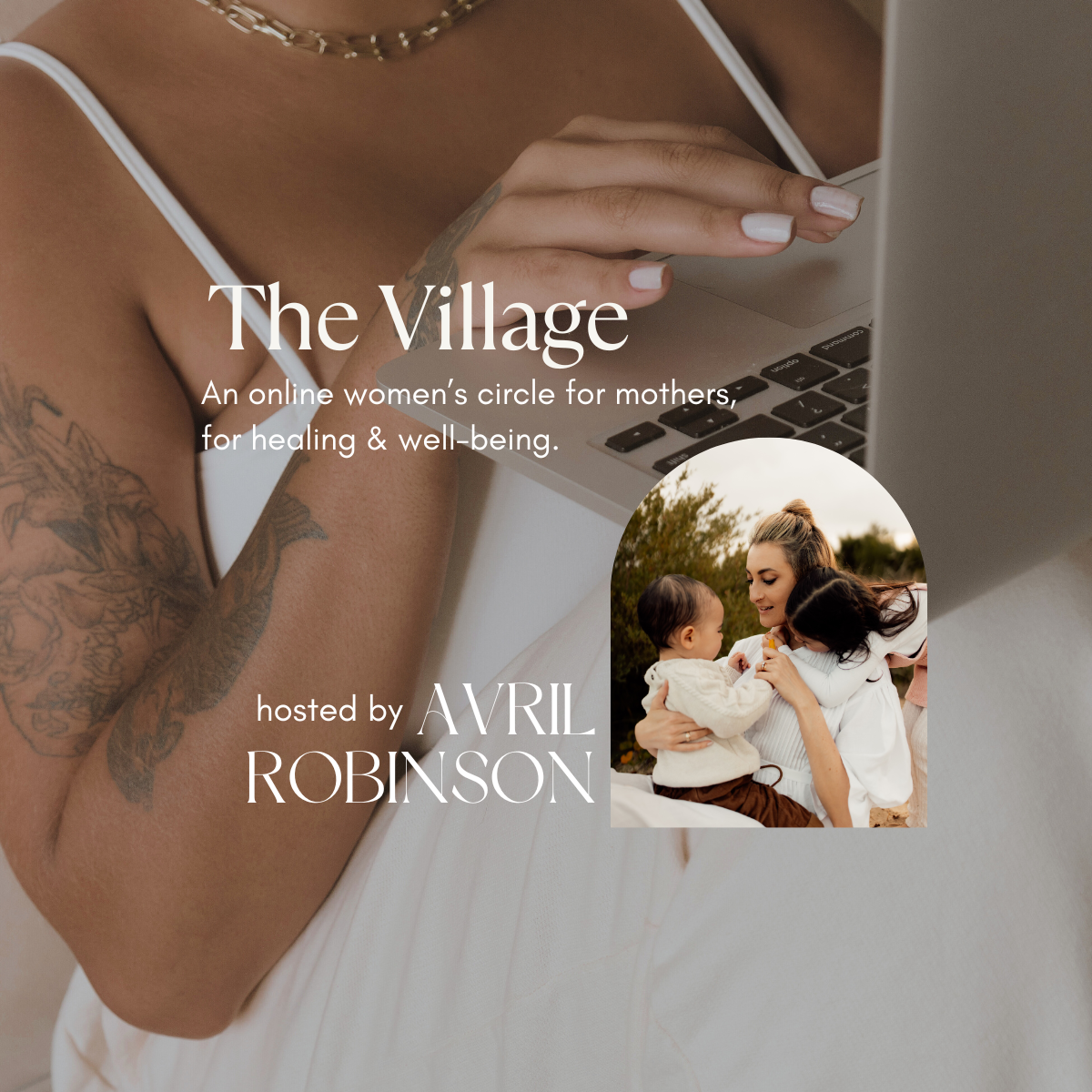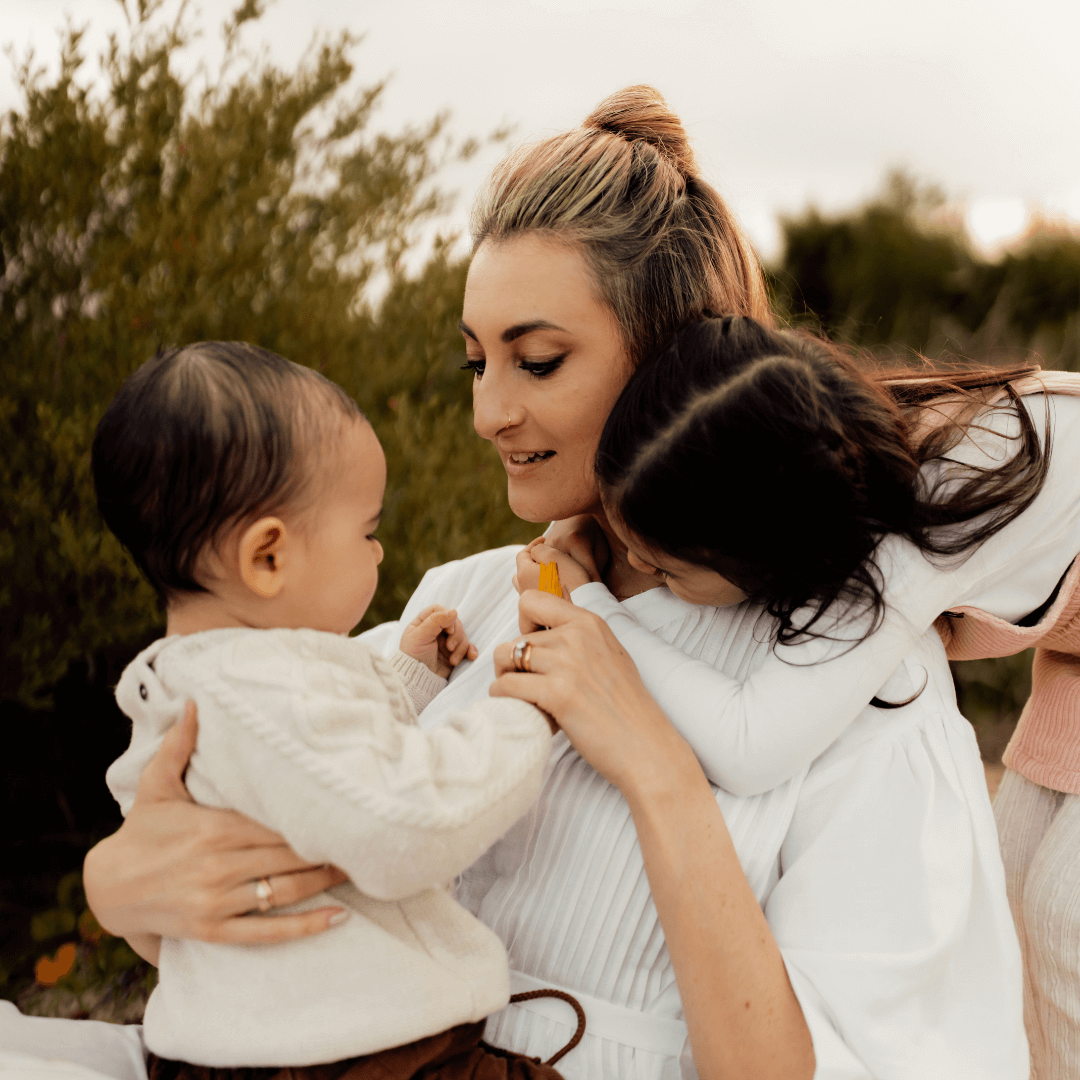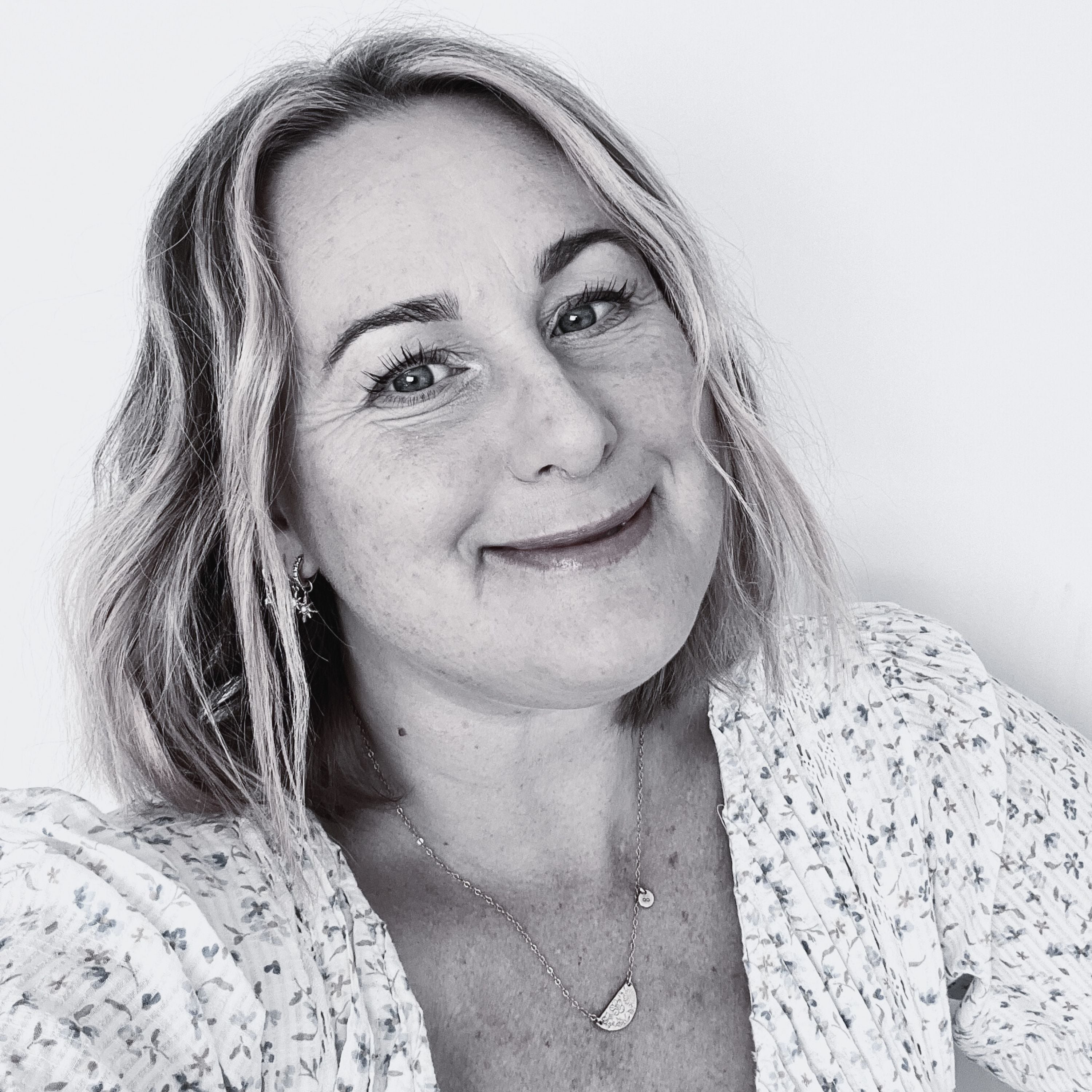“Mothers have martyred themselves in their children’s names since the beginning of time. We have lived as if she who disappears the most, loves the most. We have been conditioned to prove our love by slowly ceasing to exist.”
- Untamed by Glennon Doyle
The first time I read this, tears started flooding my eyes immediately. And even to this day, I feel these words, this unfortunate truth, deeply. Not just for myself, but for all mothers in all of the land.
I remember where I was when I read this particular part of Glennon’s book, Untamed. I was in the bath, heavily pregnant with my second child, already fearful of losing myself all over again… and these words spoke to my soul. It was during this very moment that I promised myself I would do the inner work to undo the conditioning with the birth of my second baby, “Untame” myself, if you will. The alternative was to cease to exist, and I had no plans to be a mother-martyr.
I could make this article about blaming the patriarchy and their fear of powerful women as the reason for conditioning us for generations to believe that a woman’s only contribution to society is to keep our opinions to ourselves and to birth babies and then stay at home raising them…. But instead, I will focus on something positive to move us into the next era of enlightenment and progress. So let’s talk about the concept of “Mum Guilt” and how it needs to get in the bin.
Mum Guilt is a powerful type of guilt*, a deep and shameful feeling that mothers in particular feel when we haven’t, in our own opinion, martyred ourselves quite enough for our children. Rarely is mum-guilt logical, nor is it true; but it is a very real emotion that mothers will do many things to avoid - including sacrificing their own health and well-being.
And it is actually a thing. A legit psychology thing. Stemming from all the “shoulds” that we feel obliged to be doing for our children because society says so via social media, podcasts, judgey mothers groups, parenting peers, grandparents, your neighbours and anyone else who has an opinion on parenting (or a perceived opinion on parenting) that could then be weaponised by our own overthinking brain and used against us as something that we “should be doing” to be a better parent.
So, remembering that the patriarchy planted many of these seeds of what constitutes a “Good Mother”, let’s look at how we can re-frame the definition of a Good Mum and in doing so, support women throughout society, especially ourselves, in defining a role that is realistic.
I’ll go first - a Good Mum to me is:
- A mother who takes care of her own physical and mental health
- A mother who takes care of her child/children’s physical and emotional needs (including a secure attachment**)
- A mother who advocates for her children’s well-being and doesn’t stay silent, despite our inevitable conditioning as women to be polite and agreeable.
This is my personal list of motherly values, in order of priority. Written by a mother who has seen what happens to my own well-being, my identity and my soul when I switch around priority 1 and 2 - whether it be intentionally or subconsciously.
When you fly on a plane, the flight attendant instructs you to “put your oxygen mask on first,” before helping others for a reason. They do this to ensure everyone’s survival. Because if you run out of oxygen yourself, you can't help anyone else with their oxygen mask. Same thing goes for parenting.
The thing is, many mothers have to learn this the hard way, after martyring themselves for the sake of their children until they lose themselves, their mental health goes to sh*t and then they aren’t the best version of themselves for their children anyway (I am definitely speaking from personal experience here).
This is what society has repeatedly told us that this is what “Good Mums” do - they are sacrificial little lambs.
Now, my deepest (maternal?) instinct is to protect other women who become mothers in the future, by drumming this self-care message into the brains of all the women in all of the land. But this is unlikely going to make the significant societal change that I hope it will. This is because making a conscious decision to prioritise our own well-being is not something we, as mothers, inherently know how to do. Unfortunately, this self-care behaviour was unlikely a behaviour that we have seen modelled for us as children by our own mothers. We were never shown how and thus, never taught how. So we are learning how to take care of ourselves whilst concurrently taking care of our children and it’s A LOT. Generational cycle-breaking at its finest.
I challenge you to throw mum-guilt in the bin. No one needs you to be a martyr, certainly not your own children. They need you to take care of you. So that you can then take better care of them. Break the cycle, if not for you (*rolls eyes*) then do it for them.
Written by Avril Robinson
__________
* Whilst I have referred to Mum Guilt through this article, it is important to not that all parents/caregivers can feel this parenting guilt. But, as this is an opinion piece based on my own experience with Mum Guilt, I have only written about Mum Guilt, rather than addressing Parenting Guilt in general.
** ”The major point that needs to be made to well-intentioned parents is that from decades of research beginning with the work of John Bowlby and Mary Ainsworth, one of the things we know about being a “good enough” parent is that you only have to be attuned to the emotional needs THIRTY PERCENT (30%) of the time to raise a securely attached child. Attunement is actually more important than striving for perfection.”
- In Parenting, 30% is not a failing grade by R. Christina Fenton






